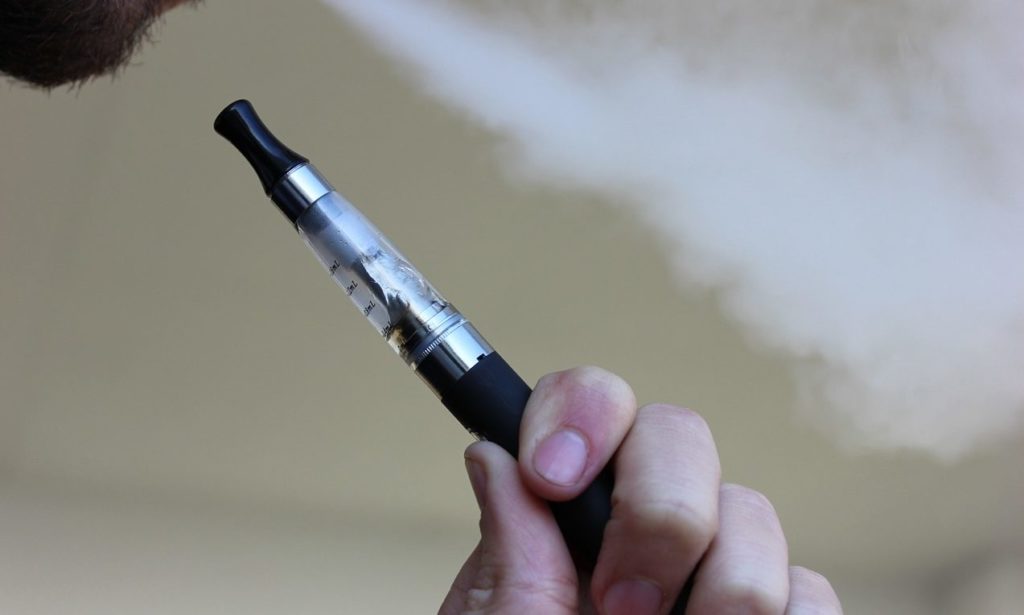A panel of the U.S. Court of Appeals for the Ninth Circuit wrote in an opinion published Thursday that products containing delta-8 THC are generally legal because federal law defines hemp as “any part of” the cannabis plant, including “all derivatives, extracts, [and] cannabinoids,” that contains less than 0.3 percent delta-9 THC by weight.
The law, the court said in the 3-0 ruling, “is silent with regard to delta-8 THC.”
Delta-9 THC, often referred to simply as THC, is the most abundant psychoactive cannabinoid in marijuana and remains federally illegal, classified as a Schedule I controlled substance. By contrast, Delta-8 THC typically occurs in only trace amounts in the cannabis plant.
Current cultivation and manufacturing techniques, however, allow for so-called minor cannabinoids to be concentrated from hemp plants and refined into consumer products. And delta-8 THC products have surged in popularity in recent years, especially in states where marijuana remains illegal.
Like its more famous counterpart, delta-8 THC also has psychoactive properties, although proponents say the experience is generally more subdued and has gentler side effects than delta-9 THC. Health officials and even some advocates of marijuana legalization, however, say far less is known about the health impacts or potential risks of delta-8 THC.
The Ninth Circuit panel, for its part, noted that although delta-8 THC has “psychoactive and intoxicating effects,” it falls within federal law’s definition of hemp and is therefore legal.
“Regardless of the wisdom of legalizing delta-8 THC products, this Court will not substitute its own policy judgment for that of Congress,” Judge D. Michael Fisher wrote for the three-judge panel, which also included Judges Andrew Kleinfeld and Mark Bennett. All three were appointed by Republican presidents



